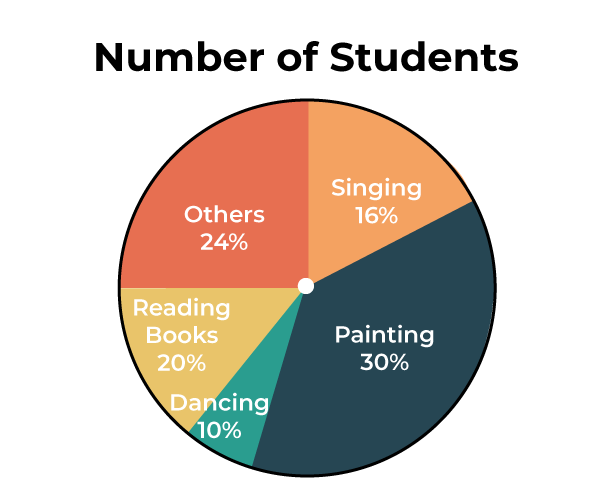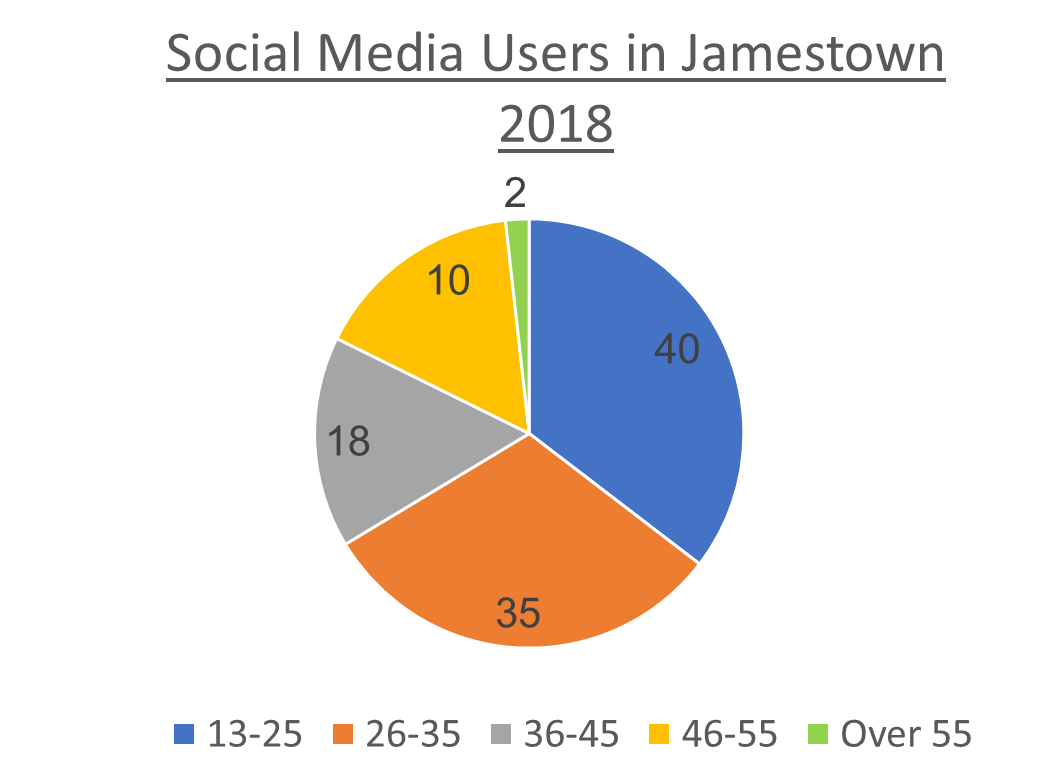Decoding the Circle: Mastering Pie Chart Instance Questions
Associated Articles: Decoding the Circle: Mastering Pie Chart Instance Questions
Introduction
On this auspicious event, we’re delighted to delve into the intriguing subject associated to Decoding the Circle: Mastering Pie Chart Instance Questions. Let’s weave fascinating info and supply recent views to the readers.
Desk of Content material
Decoding the Circle: Mastering Pie Chart Instance Questions

Pie charts, with their visually interesting round segments, supply a concise option to characterize proportions of an entire. Nonetheless, their simplicity might be deceiving. Efficiently deciphering and analyzing pie chart information requires a eager eye for element and a strong understanding of percentages, ratios, and generally, even primary algebra. This text delves right into a complete vary of pie chart instance questions, progressing from simple calculations to extra advanced analytical duties. We’ll discover varied situations, offering detailed options and techniques that will help you grasp this important information visualization device.
I. Basic Calculations: The Constructing Blocks
Earlier than tackling intricate situations, let’s solidify the fundamentals. The elemental talent entails calculating values based mostly on given percentages and the entire worth represented by your complete pie chart.
Instance 1: Easy Share Calculation
A pie chart reveals the distribution of an organization’s annual income throughout completely different departments. The "Advertising and marketing" phase occupies 25% of the chart, and the entire income is $10 million. What’s the income generated by the Advertising and marketing division?
Resolution:
Income generated by Advertising and marketing = (Share of Advertising and marketing phase / 100) * Complete Income
Income generated by Advertising and marketing = (25/100) * $10,000,000 = $2,500,000
Instance 2: Figuring out Share from Worth
The "Gross sales" phase in the identical pie chart represents $3 million in income. What proportion of the entire income does the Gross sales phase account for?
Resolution:
Share of Gross sales phase = (Income from Gross sales / Complete Income) * 100
Share of Gross sales phase = ($3,000,000 / $10,000,000) * 100 = 30%
II. Comparative Evaluation: Evaluating Segments
Pie charts usually facilitate comparisons between completely different segments. Questions on this class contain calculating variations, ratios, and proportions between varied elements of the chart.
Instance 3: Distinction between Segments
Utilizing the identical firm income pie chart, the "Analysis & Growth" phase represents 15% of the income, whereas "Manufacturing" accounts for 20%. What’s the distinction in income between these two departments?
Resolution:
Income distinction = (Share distinction between R&D and Manufacturing / 100) * Complete Income
Share distinction = 20% – 15% = 5%
Income distinction = (5/100) * $10,000,000 = $500,000
Instance 4: Ratio between Segments
What’s the ratio of income generated by the Advertising and marketing division to the income generated by the Gross sales division?
Resolution:
Ratio of Advertising and marketing to Gross sales income = Income from Advertising and marketing / Income from Gross sales
Ratio = $2,500,000 / $3,000,000 = 5/6 or 0.833
III. Superior Evaluation: Incorporating Extra Data
Some questions incorporate extra info, requiring a multi-step method to reach on the resolution.
Instance 5: Mixed Segments
The "Administration" and "Human Assets" segments collectively characterize 10% of the entire income. If the Administration phase accounts for six% of the income, what’s the income generated by Human Assets?
Resolution:
Share of Human Assets = Complete proportion of Administration and HR – Share of Administration
Share of Human Assets = 10% – 6% = 4%
Income from Human Assets = (4/100) * $10,000,000 = $400,000
Instance 6: Share Enhance/Lower
Final yr, the Advertising and marketing division generated $2 million in income. This yr, it generated $2.5 million. What’s the proportion enhance in Advertising and marketing income?
Resolution:
Enhance in income = $2.5 million – $2 million = $0.5 million
Share enhance = (Enhance in income / Final yr’s income) * 100
Share enhance = ($0.5 million / $2 million) * 100 = 25%
IV. Interpretative Questions: Understanding Tendencies and Patterns
Past numerical calculations, pie charts can illustrate tendencies and patterns. Questions on this class assess your capacity to interpret the info visually and draw significant conclusions.
Instance 7: Figuring out the Largest Phase
Which division generated the biggest share of the corporate’s income?
Resolution: This requires a visible inspection of the pie chart. The phase with the biggest space represents the division with the very best income.
Instance 8: Analyzing Proportions
Does the corporate allocate a enough quantity of its income to Analysis & Growth contemplating its significance for future development? This can be a subjective query requiring an understanding of business requirements and the corporate’s total strategic objectives. The pie chart supplies the factual information (15% on this case), however the interpretation depends upon exterior elements.
V. Difficult Eventualities: Lacking Data and Assumptions
Some questions may current incomplete info or require making cheap assumptions.
Instance 9: Lacking Knowledge
A pie chart reveals the market share of 4 manufacturers of soppy drinks. Three manufacturers have market shares of 20%, 25%, and 30%. What’s the market share of the fourth model?
Resolution:
The overall market share is 100%. The mixed share of the three manufacturers is 20% + 25% + 30% = 75%. Subsequently, the market share of the fourth model is 100% – 75% = 25%.
Instance 10: Making Assumptions
A pie chart reveals the distribution of family bills. The "Meals" phase is considerably bigger than the "Leisure" phase. Can we conclude that the family is spending an excessive amount of on meals?
Resolution: Whereas the pie chart reveals a bigger proportion allotted to meals, we can’t definitively conclude that it is "an excessive amount of" with out understanding the family’s revenue, household measurement, dietary habits, and different related elements. The chart supplies a snapshot of spending, however additional context is required for an entire evaluation.
Conclusion:
Mastering pie chart instance questions requires a mixture of computational expertise and analytical pondering. By understanding the basics, working towards several types of questions, and growing the power to interpret information visually, you’ll be able to successfully extract significant insights from these versatile information visualizations. Bear in mind to all the time fastidiously learn the query, determine the related info throughout the pie chart, and select the suitable calculation or analytical methodology to reach on the appropriate reply. Apply makes good, so proceed to work by way of completely different examples to construct your confidence and experience in deciphering pie chart information.






![Electricity Pie Chart [Sample IELTS Essay] - TED IELTS](https://ted-ielts.com/wp-content/uploads/2022/10/Learn-How-to-Describe-Pie-Charts-for-IELTS.png)

Closure
Thus, we hope this text has supplied worthwhile insights into Decoding the Circle: Mastering Pie Chart Instance Questions. We recognize your consideration to our article. See you in our subsequent article!